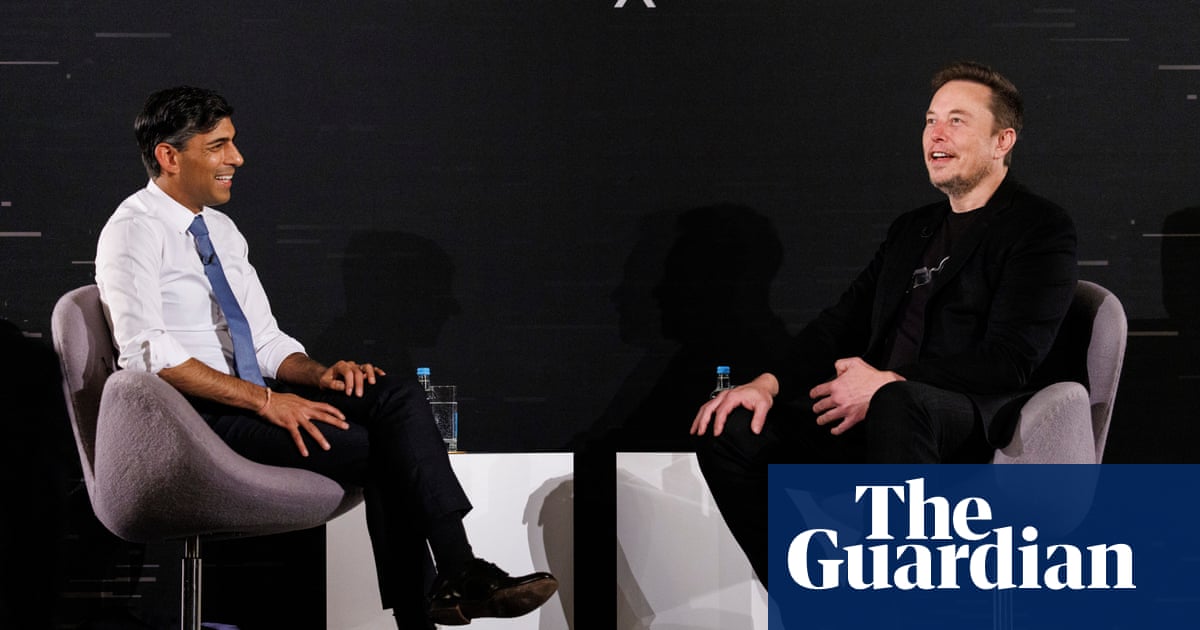
Beyond the “Bletchley declaration” and leaders’ speeches at the AI summit (Report, 2 November), the lack of a global AI governance arrangement is starkly absent. It would seem that we now have three (rival) attempts to coordinate and lead – the US Artificial Intelligence Safety Institute based in Washington DC, the Global Partnership on Artificial Intelligence based in Paris and the new London-based AI Safety Institute. Each will try to establish focality and authority.
All will undoubtedly seek to attract the best minds and create legitimacy through quality of output. They will fail to establish this legitimacy unless they make the difficult choice of being set up as an intergovernmental organisation. Only by doing this will the world’s major powers, including China, be represented in a managed and fair way.
It took monumental shifts in national interests at the end of the second world war to establish Unesco and thereby the physics intergovernmental organisation of Cern in Geneva. Can the AI safety groupings and broader AI community meet the same high bar, or will the players be content to remain fragmented and ineffective? Can an inspirational leader be found for an AI organisation that can represent member states and their AI, and regulate willingly the powerful big tech companies?
Dr Mark Robinson
Centre for International Studies and Diplomacy, Soas University of London
Harold Wilson said technology would give us much more leisure. The subtext of that was that a lot of people will not be needed at their present repetitive work, ie they will become unemployed. Rishi Sunak recently said AI would create lots of new (unspecified) jobs. Doing what? Polishing robots?
Elon Musk has said that in future there will be no need to work and that there would be a need to find things to do. We are sentient beings and rather than die of boredom, the things found to occupy us might not be what he has in mind. The old saying “the devil finds work for idle hands to do” comes to mind. We will still have to earn our daily bread and other necessities or we will be enslaved by AI, not in control of it.
Lesley Evans
Ceres, Fife
In a future world, Elon Musk predicted, there will be no jobs – AI will take them all. “One of the challenges of the future will be how do we find meaning in life,” he said (Sunak plays eager chatshow host as Musk discusses AI and politics, 2 November). Time to reissue The Collapse of Work (1979) and The Leisure Shock (1981) by Clive Jenkins – published 40 years before their time.
Michael Horwood
Millbrook, Cornwall
How ironic that on the day of the Beatles final release, Elon Musk tells us that all jobs in future will be done by AI. I don’t believe that an algorithm steeped in all the popular music that had gone before could have come up with Strawberry Fields Forever, which was like nothing in the history of pop music.
At a stretch, AI may have produced Chirpy Chirpy Cheep Cheep, a song that I always figured was written by an automaton anyway. I suspect humans may have other irreplaceable qualities as well.
Colin Williamson
Tonbridge, Kent
In the past few days I have dealt with a roofer, a wasp eradicator and a decorator. I await Elon Musk’s vision for how AI will replace them.
Philip Gummett
Birch Vale, Derbyshire
